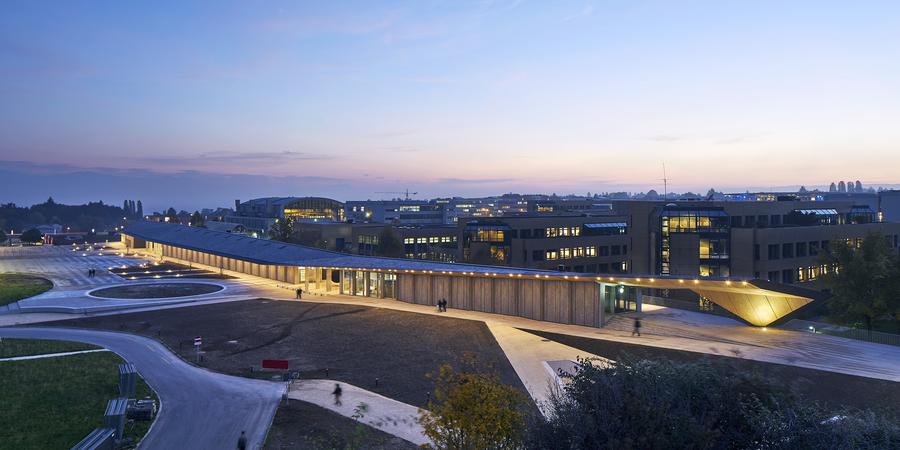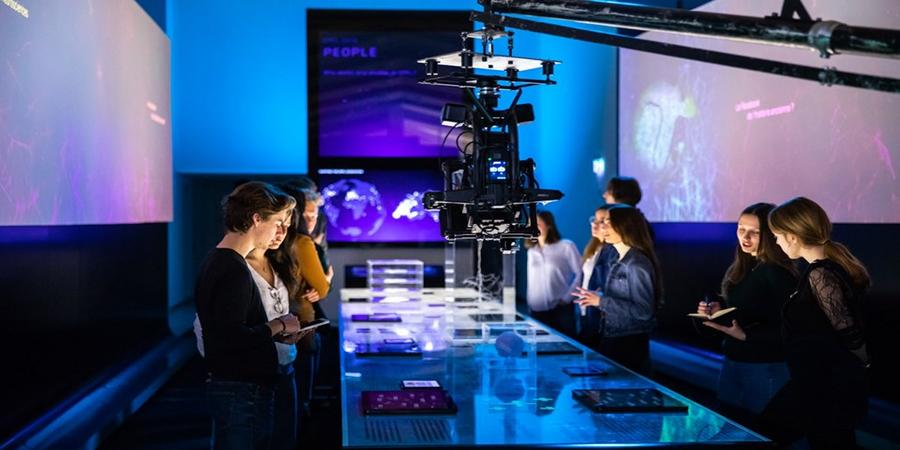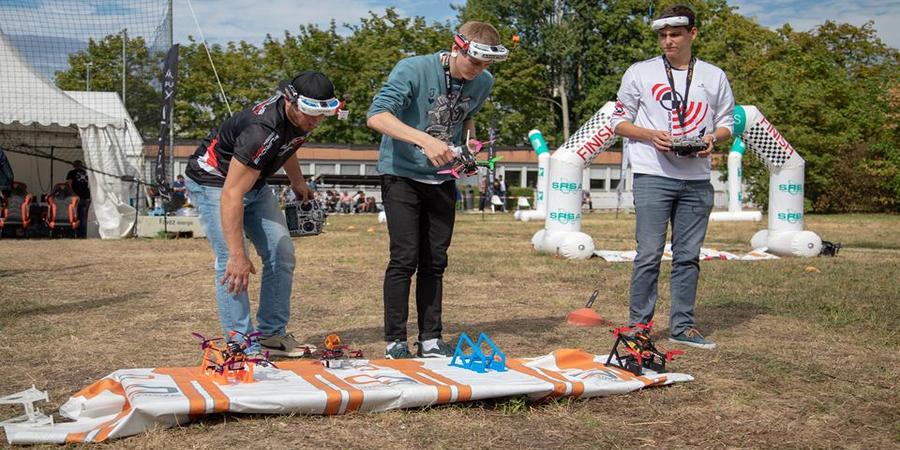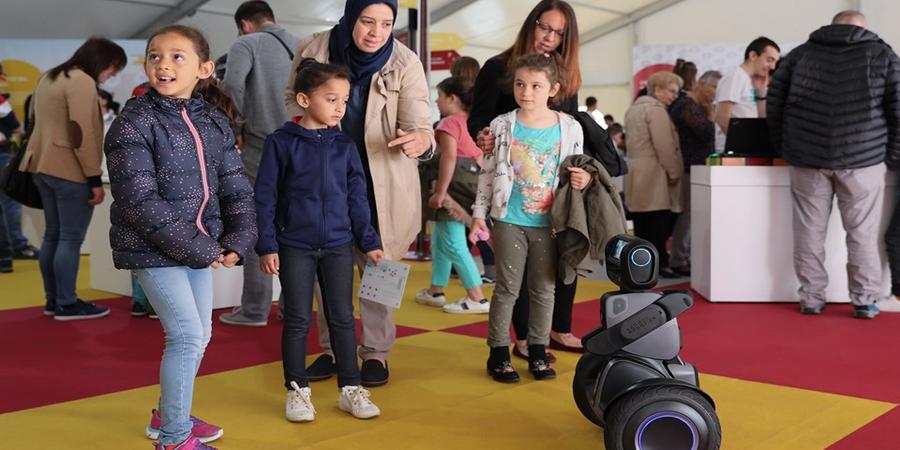Federal Polytechnic School of Lausanne
- University
- College
- Co-educational private schools
- Full-time
- Part-time
- Online
- french
- english
About the Federal Polytechnic School of Lausanne
The Swiss Federal Institute of Technology in Lausanne was founded in 1853. It has become renowned for its rigorous academic standards and innovations in technology and natural sciences. The school has educated many notable figures, such as Nobel laureate Jean-Jacques Déve and influential scientists in the fields of science and engineering. The school also actively collaborates with a number of universities and research institutes around the world. The core philosophy of the school lies in the integration of theory and practice, allowing students to develop projects and solutions to real-world problems. The school employs unique teaching methods, including active learning projects, practical research, and interdisciplinary collaboration. The Swiss Federal Institute of Technology in Lausanne holds a high status in the global education system, serving as an important center for technology and engineering sciences. It attracts students and researchers from around the world due to its strong scientific influence and prestigious programs. The main goals of the institution include the development of critical thinking, providing students with the necessary knowledge and skills for a successful career, and preparing them for further studies in master's and doctoral programs.
MoreLoading...
Admission conditions in Federal Polytechnic School of Lausanne
Candidates must submit exam results, which may include SAT, ACT, or similar exams. The minimum age to apply to an educational institution is 18 years. The application process involves filling out an online application, usually through the official EPFL platform. The application fee varies and may require payment of a fee. The educational qualifications required for admission generally include a high school diploma or its equivalent. Required documents may include letters of recommendation, test scores, a motivation letter, and language proficiency certificates (e.g., TOEFL or IELTS for non-native speakers). For international students, it is important to confirm English language proficiency (or French depending on the program) and provide interim academic reports. Financial conditions may require proof of funds to cover tuition and living expenses. Application deadlines typically begin in January and end in July for the fall semester. Candidates may undergo an interview or testing depending on the selected program. Notification of results usually comes a few weeks after the application deadline.
MoreMinimum rating for admission to Federal Polytechnic School of Lausanne
The minimum score for admission can vary depending on the program and competition; however, high scores on the SAT or ACT are generally an indicator of choice.
Prospects after completing studies in Federal Polytechnic School of Lausanne
Graduates can expect high career prospects in the fields of technology, science, engineering, and management due to the high level of education and resources provided by the school.
Title | Age | Period |
|---|---|---|
| Bachelor's Degree program in English | 17+ | |
| Master's Degree program in English | 20+ | |
| The doctoral program in English | 21+ | |
| Bachelor's degree program in French | 17+ | |
| Master in Computer Science | 21+ | 2 years |
| Bachelor of Science in Engineering | 18+ | 3 years |
Leave a review
Loading...













Reviews
Hello, I would like to clarify and the humanities are taught in English. If so, I have a good level of English, and quite broken French. Perhaps that's enough for admission. And what do you need to do for admission?
Read in fullHello Is knowing only English enough for computer engineering in the Bachelor's Courses(english)? Or do you need to know French too? Thank you very much, have a good day
Read in fullGood afternoon! What language is architecture taught?
Read in fullhello I want more information to be accepted at your university since I have a TCF B2 and I am in L2 computer science in Algeria
Read in full